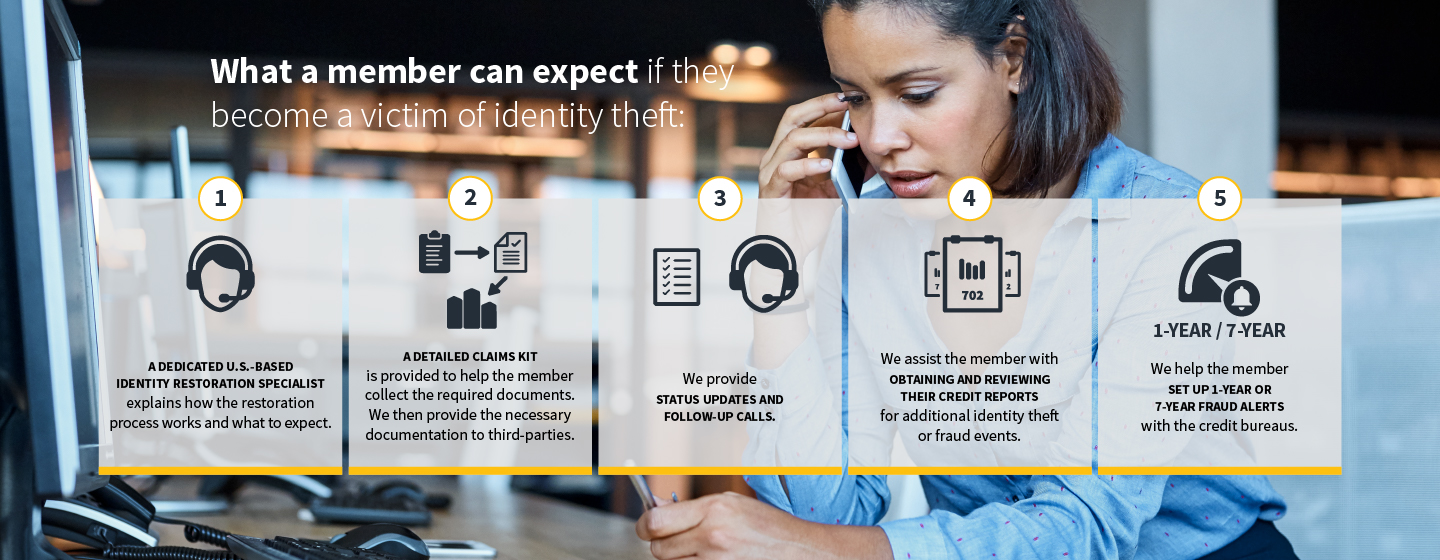Being unemployed is not a prerequisite to unemployment fraud!
During the pandemic, fraudsters have ramped up efforts to scam victims into unknowingly handing over personal information, which they may then use to file fraudulent unemployment claims. Some states are reporting 35% – 40% of unemployment claims as fraudulent, contributing to at least $36 billion being misappropriated from local governments that should be going to displaced American workers.
Fraudsters have ramped up efforts to push scams that falsely promise to provide unemployment benefits to people who have been displaced from their jobs. Victims may unknowingly hand over their personal information to scammers with nefarious intentions, like selling that information on the dark web or stealing someone’s identity to fraudulently collect the benefits themselves.
Reports by local and national news outlets, law enforcement agencies and our own restoration agents have shown scammers don’t seem to be taking their foot off the pedal.
Between March 2020 and December 2021, NortonLifeLock observed a 6,140% increase in the number of unemployment insurance fraud claims – these claims are from members who have requested restoration services due to fraudsters stealing their identity to fraudulently obtain unemployment benefits. If you become a victim, our dedicated U.S.-based specialists will work from start to finish to fix it.
It’s critical that your employees are aware of these scams and understand how to detect and avoid them.
- Privacy fundamentals, like not sharing your personal or financial information if you don’t absolutely have to, can help people protect themselves against these scams. Another reliable rule of thumb is if it seems too good to be true, it probably is.
- Scammers love creating look-alike government agencies to trick victims. It’s important to understand that the government will not call you to ask for your personal information. If you do get a call from someone claiming to be from a government agency and asking for personal information, that should be a red flag that the caller is likely a scammer. Postal mail is the most legitimate source.
- If any government agency does contact you, do your research to ensure it’s a legitimate organization –do an online search for the agency’s phone number or email address and contact them directly.
As a broker or employer you can do more! You can help employees get protection by offering NortonLifeLock Employee Benefit Plans. Because in a digital world, it’s reassuring to have real, dedicated specialists behind your employee benefit.

No video selected
Select a video type in the sidebar.
Unemployment Scams
Unemployment scams and COVID-19: How to identify scams and help protect against them. Check out this article to learn more.
A Surprise Is on the Way to Thousands of Taxpayers in 2021: Tax Identity Theft
More taxpayers could see unexpected 1099s this year — a sign they may be a victim of unemployment benefits fraud. Check out this article to learn more.

Find out how NortonLifeLock Employee Benefit Plans can provide protection for employees.
Call 844-698-8640 or submit the form below.
Please do not provide any private information, such as a personal telephone number or email address.

